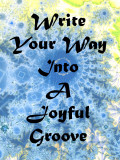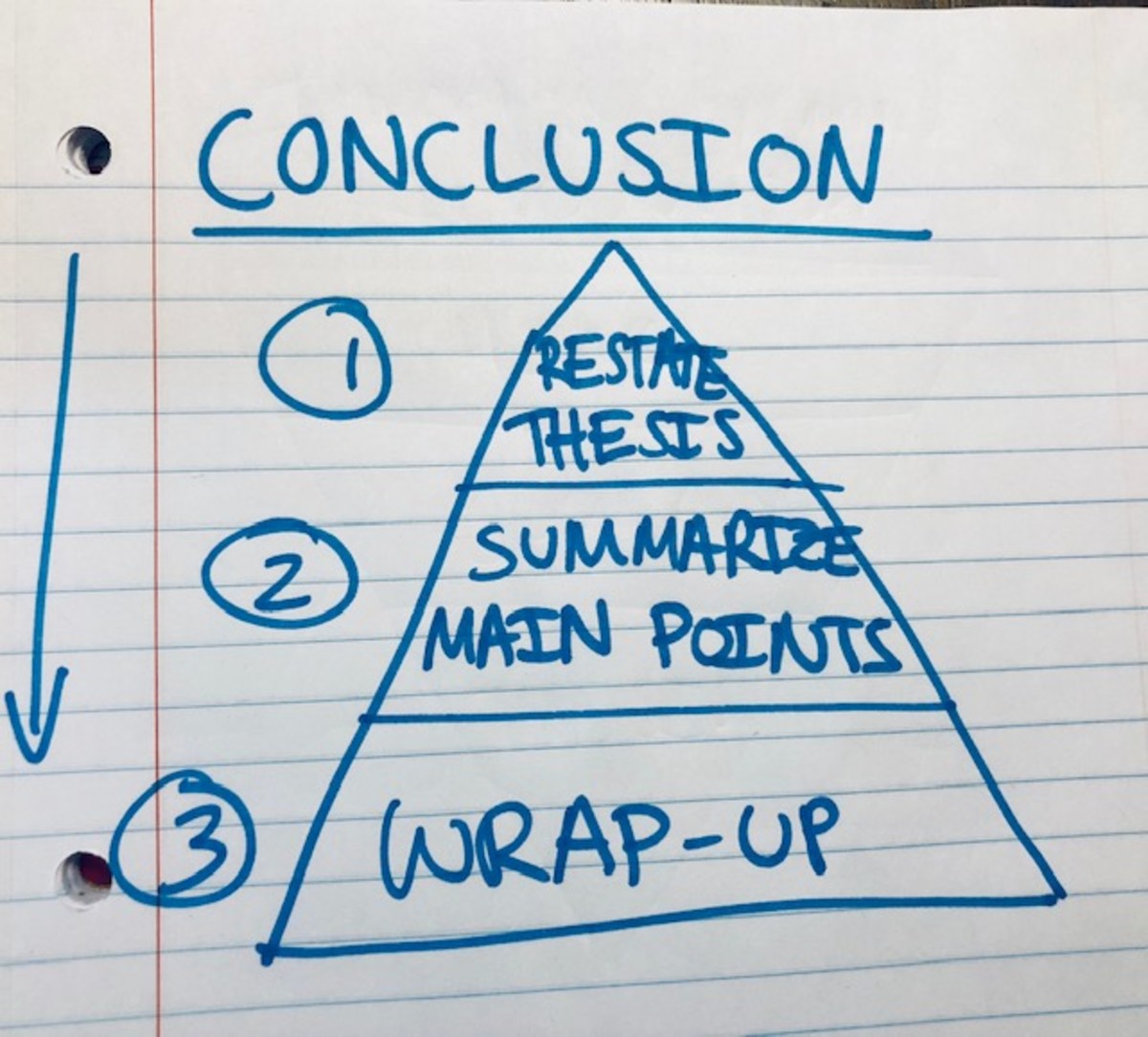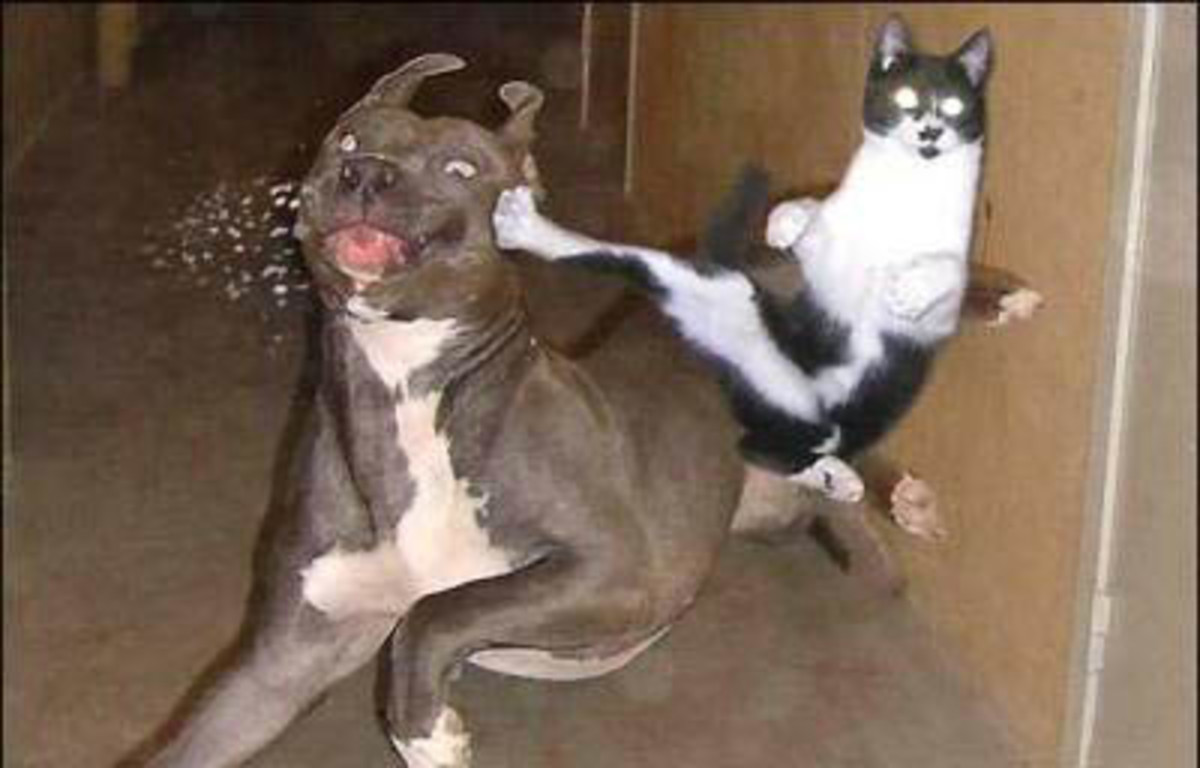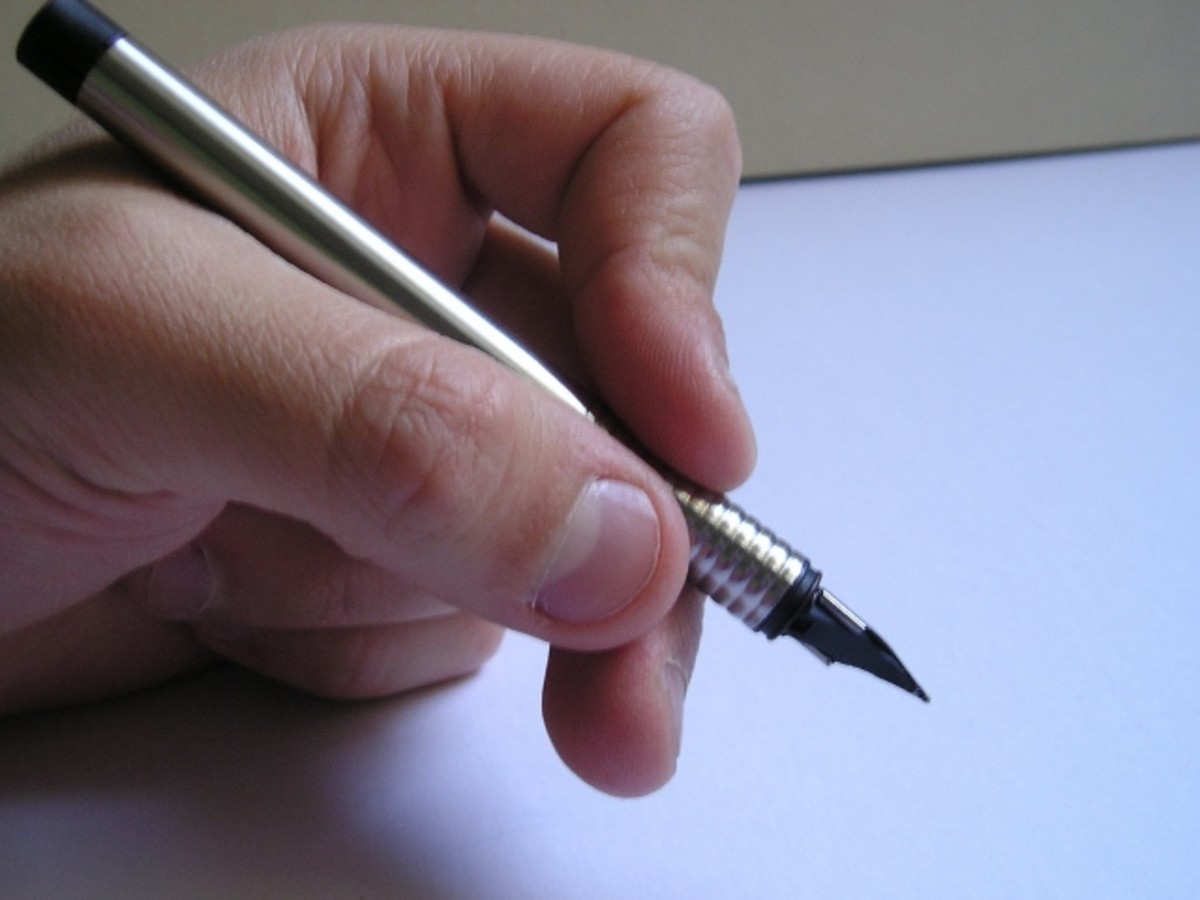Writing for Life #1: Cursing Your Cursor? Motivate Your Muse!
Feeling stymied? It happens to us all.
There are few things in this world as intimidating to a writer as a blank page. I simply cannot measure the moments -- nay, hours -- I have spent staring at what is effectively a wordless world of possibilities. At such times I find myself overwhelmed, even if I have some idea of how I wish to begin. I often feel that my first words are stones thrown without sound or ripple; they must gain purchase in a place with no shape.
In most cases, I haven't the security of a "definite" beginning. While I often have a topic in mind, I tend to structure my writings as they emerge. One of my greatest joys in writing is the experience of feeling a composition come to life as it gains its own pulse and its own voice. Yet that joy is contingent upon my getting over that initial fear -- and that can be especially difficult for me, particularly during the winter season. (I find it very hard to feel creative when I'm cold. Every one of us is different, and we each have our idiosyncrasies.)
The purposes of this article are several. I am hoping to reach out to fellow writers more than anything. It helps to know that there are others who struggle with the same fear I described above, and it's always gratifying to receive feedback. Every comment helps me grow and learn as a writer.
I also intend to outline several strategies to "kick-start" the creative flow. I am drawing from my own experience for these, as I have found them helpful in the past. Each exercise may be used as a stimulus for writing prose or poetry depending on how it is utilized.
Lastly, I will be including a list of books for "further reading" for those interested in additional resources. Not all of these resources are "how to" books, but can come in handy all the same. The titles I will list today are focused on poetry, since that is my primary focus as an author.
Now to the crux of the matter: how can you kick yourself into writing gear?
Decide to write -- and write!
I really hope you're not thinking, "Gee...really?" Doing this can seem next to impossible. You might have had a bad day at work; you might just be exhausted from running errands; you might have the kids making all kinds of noise in the background; or you might be too cold (I know, I'm weird, but that's me). There are all kinds of reas... well, excuses... you might give yourself for just not being able to write. Some of these things are rather hard to overcome, but they are surmountable. You could write about your bad day at work; you could describe the noise the kids are making and use it to create a poem or a scene in a story. As for being cold -- well, my fuzzy bathrobe is one of my best friends!
The decision to write must come first. It is the most important component of the process. If you decide you don't want to or that you can't, you won't. It's that simple.
Word lists: an associative exercise
Okay, now for the first activity I'd like to offer my readers. I've used this strategy to help me compose poetry and prose. I find it is especially helpful for poems, but the only limitation is imagination. The idea is simply to create a list of "associated words" and compose something which includes every single word on the list. You can include the words in any order you choose -- the sole requirement is to include them all.
For example: I want to write a haiku using a word list. For the purposes of this article, I will keep the definition simple: a haiku is a Japanese syllabic form poem consisting of three lines. They are typically nature-oriented. The first and third lines are five syllables long, the second seven. The inclusion of a kigo, or "seasonal word", is customary in the first line.
I think of them as "flash poems" because of their length. Since you want to make an impression, imagery is critical. Think of it as creating a "moment picture". My words will thus be short, vivid, and associated with nature. Let's use "lightning", "slate", "winter", and "sky" (can you guess the 'seasonal' term here?):
Slate sky in winter:
a distant slice of lightning.
Shadows grow darker.
While this haiku may need some revision (though I will admit I rather like it!), I have just composed my first new haiku in months. This stuff works, folks.
Extrapolation: a transformative exercise
Those who prefer to begin with a central idea may find extrapolation a more effective strategy than connecting diverse components. You can think of "extrapolation" as "expansion", if you wish -- in this context, it describes the process of taking one idea (a single sentence, for example) and expanding it into a composition. Those who work more visually could use a picture, but we'll stick with a sentence for now.
"The quick brown fox jumped over the lazy dog." I'm pretty sure most of us have encountered this sentence at some point. It's most often used in typing exercises. If we wanted to make it into a story, we need only create an environment for the lazy dog turned fox-hurdle and build a surrounding story. The best way to begin this is with a descriptive paragraph:
"That ol' blue-tick hound never could catch anything faster'n a dog food bowl." Bud waved his corncob vaguely in the direction of Jasper sprawled out next to the front porch. "Just yesterday he was sleepin' in the yard, and this crazy brown fox come outta nowhere. Jumped right over 'im. Playin' leap-dog, I guess."
Your paragraph doesn't need to be huge. Neither does it have to be the first paragraph of your story. It's simply a piece of a larger puzzle, a way to get you thinking about where you want to go with the tale.
Reading and reworking
Sometimes you're determined to write, and you're in front of your computer, and you can't think of a thing, whether it be a word or a sentence or a picture or whatever. It's tempting to just "give up and go home", but you've already decided to write and that feels like quitting. I've done this very thing, and I hate quitting, so this last exercise is going to be a little more open-ended, and I'll save offering an example for my next HubPage.
As writers, all of us should read. Reading is another key component of the writing process. It builds our vocabulary, introduces us to different techniques, allows us access to knowledge outside our personal experience, and allows us to experience worlds and visions we may never have imagined. It gives us all sorts of resources for our writing -- including material for exercising our creative muscles.
Do you have a favorite poem or story? Do you have a favorite author to which you return again and again simply because you love the way their words feel in your mind? Have you ever thought, "Wow -- I can think of a whole new way to tell this!" or "This poem is amazing -- I'd love to write my own response to it!"? Your favorite (or least favorite!) compositions, be they poetry or prose, can be a great source of inspiration.
Take a short poem (or short story) for starters. Read it as many times as necessary, then sit down and re-write it in your own words. You won't be able to submit the result (unless you've chosen one of your own works to revise), but you'll be writing. The more you write, well -- the more you write!
Further reading
I hope these exercises prove helpful to you. Please feel free to offer your comments and thoughts in the section below! In closing, I'd like to list a few books which may prove helpful:
Behn, Robin & Twichell, Chase (Eds.). (1992). The Practice of Poetry: Writing Exercises from Poets Who Teach. New York, NY: HarperCollins Publishers, Inc.
Drury, John (1991). Creating Poetry. Cincinnati, OH: Writer's Digest Books.
Kirsch, Adam (2008). The Modern Element: Essays on Contemporary Poetry. New York, NY: W.W. Norton & Co., Inc..
Kooser, Ted (2005). The Poetry Home Repair Manual: Practical Advice for Beginning Poets. Board of Regents of the University of Nebraska: Bison Books.








